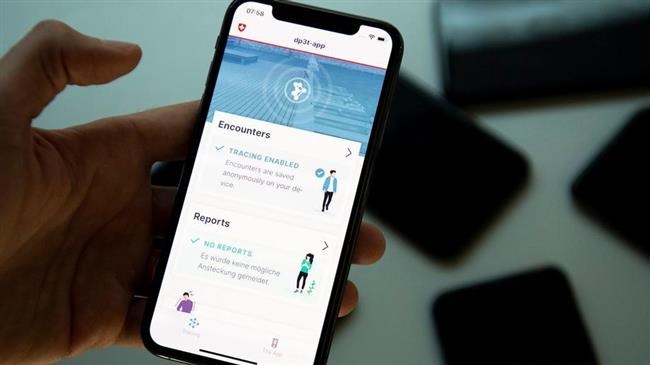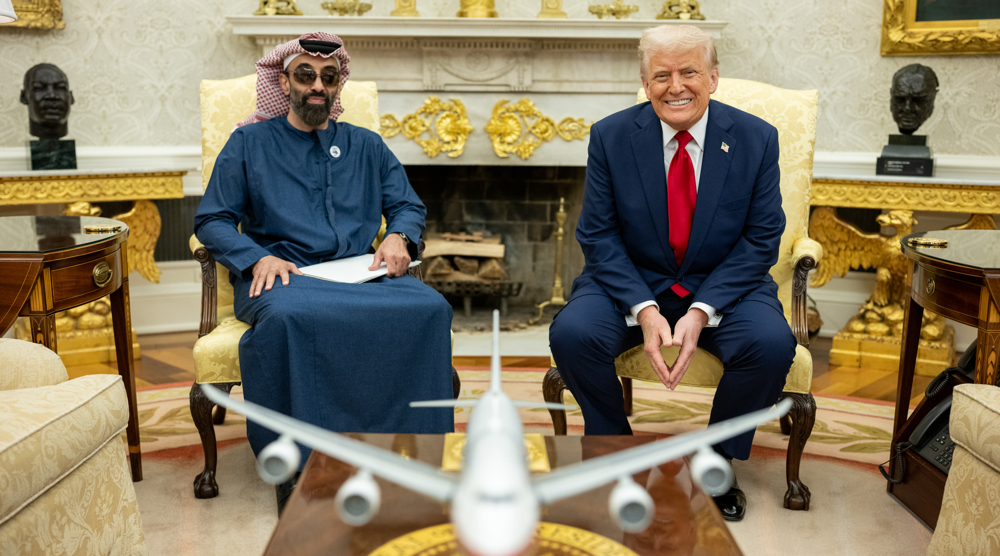Amnesty decries Kuwait, Bahrain coronavirus apps as ‘highly invasive’
Amnesty International has censured Kuwait and Bahrain over the use of applications for tracing those who have come in contact with confirmed coronavirus patients, stating that the programs infringe upon the privacy of hundreds of thousands of people.
On Tuesday, the rights group also sounded alarm over a Norwegian app, which health authorities said they would cease using the ‘Smittestopp’ (Infection stop) app after the Nordic country’s data protection watchdog, Datatilsynet, cited privacy fears.
“Authorities are essentially able to see movements in real time of anybody who has the apps installed,” Claudio Guarnieri, head of Amnesty's Security Lab, which concentrates on cyber security and digital threats, told the Thomson Reuters Foundation.
“They would be able to tell where you are, who you are meeting, where you live, where you work ... or whatever it is that might tell something about you,” emphasizing such information can lead to a breach of data.
Bahraini and Kuwaiti officials in return claimed that the apps were for the “sole” purpose of combating the spread of coronavirus.
“The 'BeAware' app was designed for the sole purpose of advancing contact tracing efforts and saving lives,” an unnamed Bahraini government spokesperson told AFP on Tuesday.
The official added that more than 402,000 people in the Persian Gulf kingdom had downloaded it. “It is an entirely voluntary opt-in app... and all users are informed of its use of GPS software before downloading.”
A Kuwaiti official also alleged the country's app was “solely linked to the novel coronavirus” and was “established to track people who break a mandatory 28-day self-quarantine.”
Many countries around the world have rushed to deploy smartphone apps to trace people's movements, track their contacts, monitor coronavirus infections and spot new outbreaks.
There are concerns that such software, which are faster than traditional contact tracing, may produce inaccurate results and allow authorities to collect personal data about millions of people.
Detailed technical analysis of 11 such apps around the world showed that Bahrain, Kuwait and Norway had the most “alarming mass surveillance tools” as they frequently uploaded users' locations to a central server, Amnesty said.
The rights group went on to say that live or near-live tracking of citizens' GPS coordinates – or precise geographic location – to a central server was unlikely to be necessary and proportionate in the context of a public health response.
It said the coronavirus tracking apps also enable government officials to easily link location data to an individual, as Kuwait and Bahrain required users to register with a national ID number while Norwegian users had to input a phone number.
Guarnieri said the best apps were voluntary, time-limited and used Bluetooth to log other phones that came close to them without recording their location – rather than GPS.
Apps that store data on individual devices rather than a central server, which could be hacked or leaked, were also preferable, the Amnesty official said.
“Governments rolling out centralized contact tracing apps with real-time location tracking need to go back to the drawing board,” Guarnieri said.
“There are better options available that balance the need to trace the spread of the disease without hoovering up sensitive personal information of millions of people.”
Epstein files fallout: Norwegian police launch corruption probe into veteran diplomat
VIDEO | Iranian embassy in China celebrates Islamic Revolution anniversary
VIDEO | UK police arrest Palestinian journalist, Press TV contributor
VIDEO | Fighting British state
UN chief condemns new Israeli annexation project in occupied West Bank
Araghchi briefs foreign ministers of Turkey, Egypt and S. Arabia on US talks
JD Vance’s Caucasus trip deepens concerns over sovereignty, security and US meddling
VIDEO | Press TV's news headlines













 This makes it easy to access the Press TV website
This makes it easy to access the Press TV website